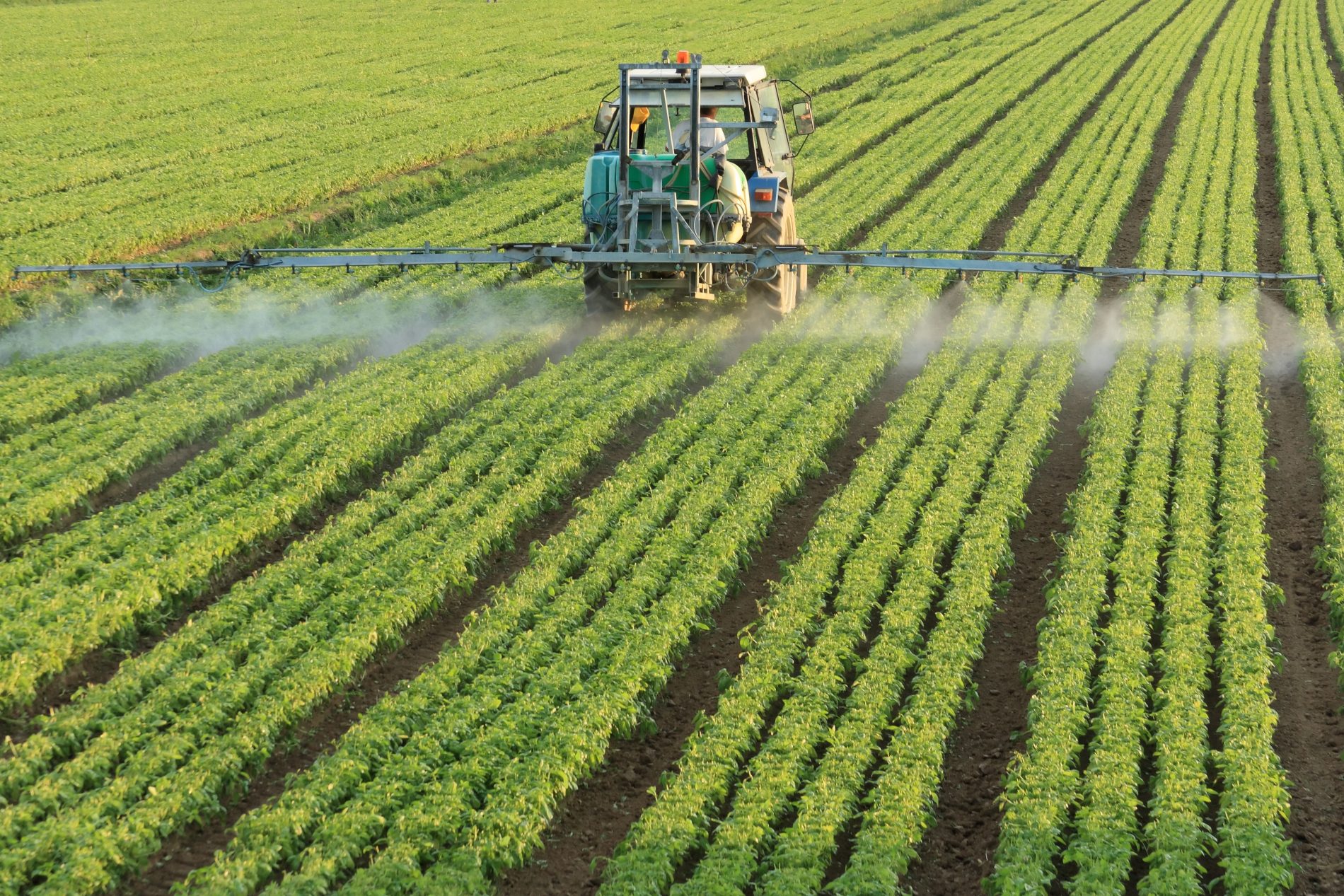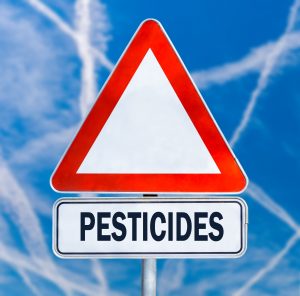How much processed sugar sneaks into your diet in a day? You may be surprised at how many grams of sugar you are consuming without even realizing it.
For example, a quick visit to Tim Hortons for breakfast, lunch or snack with a fairly routine order can tip the scales of sugar content at over 30 grams!! That is a lot of sugar for your body to process all at once, especially when the sugars are all processed, accompanied by equally processed foods around it.
A Tim Hortons Cinnamon Raisin bagel (11 grams) with plain cream cheese (2 grams), Double-Double Coffee (18 grams) = 31 grams of sugar
The University of Texas MD Anderson Cancer Centre advises that women should consume no more than 25 grams of sugar per day, and men should consume no more than 37 grams of sugar per day.
So after one stop at Tim Horton’s you’ve maxed your entire daily recommended sugar intake in just one blow! Think about the rest of your day… how will that look? A sandwich for lunch? A granola bar for snack? Pasta for dinner? Your processed sugar intake is adding up to look mountainous.
So what is the problem with sugar?
Sugar is an anti-nutrient. It causes your body to leach nutrients in its attempt to clean up the damage that sugar leaves behind. It also directly feeds cancer cells, and causes serious inflammation.
Inflammation is the cause behind almost every single illness and condition, and sugar continues to fuel inflammation rather effectively once it has started. Because of its oxidative effect on the body, it can contribute to a whole host of conditions and issues that may be misdiagnosed as other illnesses or causes, but in actuality, the cause is actually the over consumption of processed sugar.
How can processed sugar affect your body?
According to Nancy Appleton, Ph.D., there are over 146 reasons that sugar is ruining your health. Here are the worst offenders, and if you’d like the full list and references, head over to http://www.rheumatic.org/sugar.htm
• Sugar can suppress the immune system.
• High intake of sugar increases the risk of Crohn’s disease, and ulcerative colitis.
• Sugar can cause a rapid rise of adrenaline levels in children.
• Sugar can cause heart disease.
• Sugar can cause appendicitis.
• Sugar can cause multiple sclerosis.
• Sugar can contribute to osteoporosis.
• Sugar causes food allergies.
• Sugar can cause cataracts.
• Sugar can increase kidney size and produce pathological changes in the kidney.
• Sugar can cause myopia (nearsightedness).
• Sugar increases the risk of gastric cancer.
• Sugar can cause depression.
• Sugar can adversely affect school children’s grades and cause learning disorders..
• Sugar feeds cancer.
• Sugar can exacerbate PMS.
• Sugar can slow down the ability of the adrenal glands to function.
• Sugar can increase the risk of stomach cancer.
• Sugar can cause low birth weight babies.
• High sugar intake can cause epileptic seizures.
These are very serious conditions and illnesses that are completely preventable! Reduce your processed sugar and processed foods intake by increasing your whole foods intake. Crowd out the bad foods with lots of delicious, colourful produce! Focus your diet on lots of leafy green vegetables, smoothies with berries and healthy fats, fresh fruits and vegetables, raw nuts and seeds, legumes and if you choose to eat meat or eggs, be sure they are from organic / grass fed / free range / wild sources.
With Sources from:
https://www.timhortons.com/ca/en/pdf/TH_Nutrition_Guide_CE_2013_-_FINAL.pdf
https://www.mdanderson.org/publications/focused-on-health/may-2015/FOH-cancer-love-sugar.html
http://www.rheumatic.org/sugar.htm
Jo-Anne Richardson has almost a decade of experience managing a chiropractic office and educating patients on how chiropractic can allow your body to express optimal health. She is a Registered Holistic Nutritionist and holds a Degree in Communications. She loves to experiment with raw vegan recipes, loves to salsa dance, travel and learn new holistic health information to share tips with everyone who visits the office.






